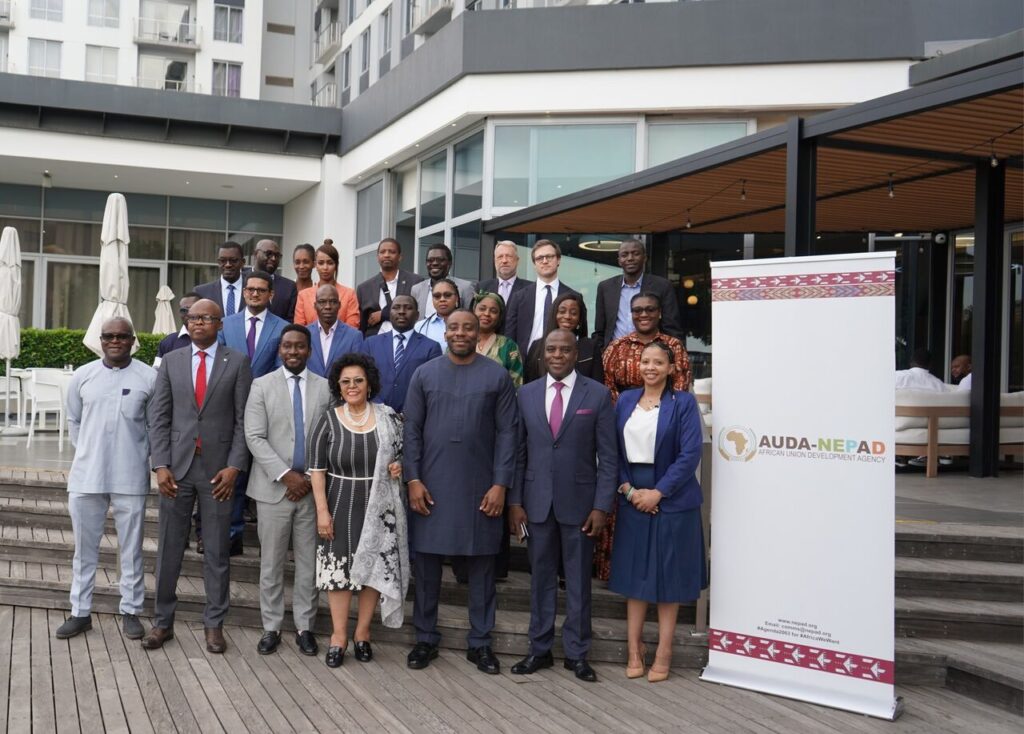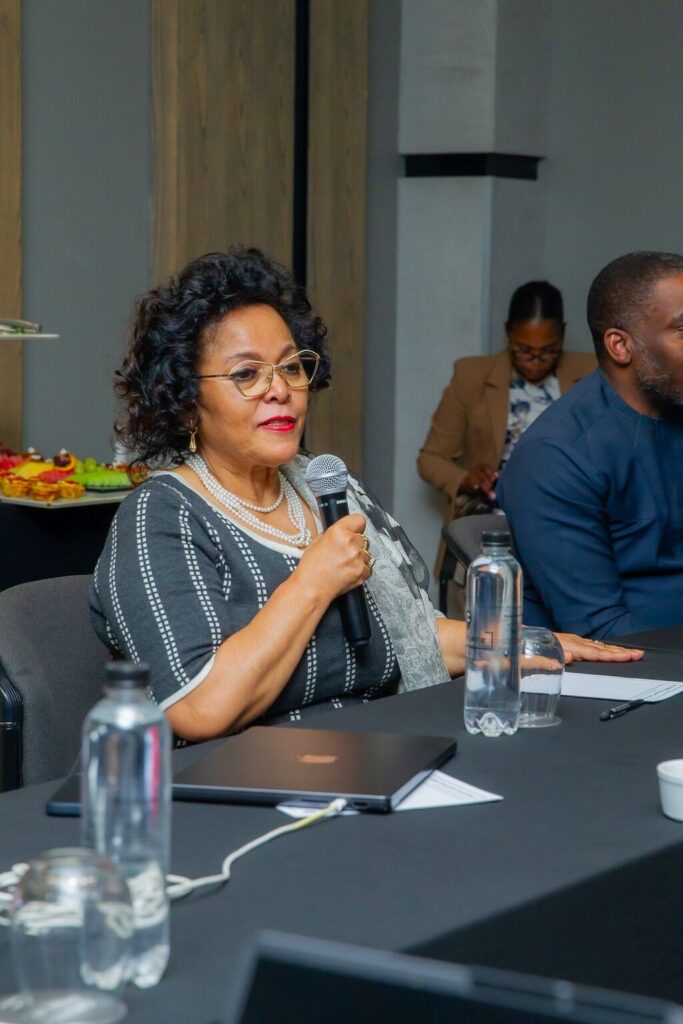
By Baboloki Semele— Experts from the African Union Development Agency (AUDA-NEPAD) and Africa’s leading Multilateral Financial Institutions, members of the Alliance of African Multilateral Financial Institutions (AAMFI) widely known as The Africa Club convened yesterday, (06 October 2025), for a landmark three-day high-level brainstorming session aimed at shaping the African Union Development Fund (AUDF). The AUDF is envisioned as a transformative, Africa-led financing mechanism that will mobilize Africa’s own resources to fast-track the realization of Agenda 2063, the continent’s blueprint for inclusive growth, integration, and sustainable development. The session brought together a powerhouse of policy architects, financial strategists, and infrastructure experts to align investment priorities, design co-financing frameworks, and lay out operational structures for the AUDF. The discussions reflect a unified continental resolve to shift from dependency-driven development models toward a self-financed, African-owned future.
Among the main objectives of the gathering are to review AUDA-NEPAD’s priority infrastructure projects across 13 countries including Angola, Zambia, Namibia, Gabon, Equatorial Guinea, Cameroon, Chad, Burkina Faso, Mali, Comoros, Tanzania, the Democratic Republic of Congo and Kenya spanning energy, transport, water, and digital connectivity sectors, align Africa’s development priorities with innovative financing mechanisms and co-investment structures under the AAMFI umbrella and finalize a roadmap for operationalizing the AUDF as a sustainable platform for African-driven growth and impact.

In her opening address, Nardos Bekele-Thomas, Chief Executive Officer of AUDA-NEPAD, emphasized the powerful link between policy, finance, and development, describing them as the “three inseparable engines” of Africa’s transformation.
“Our collaboration with the Alliance of African Multilateral Financial Institutions (AAMFI) – The Africa Club is a practical demonstration of how policy, development, and finance must move together,” said Bekele-Thomas. “The African Union Development Fund will serve as the platform that unites these three pillars to drive Africa’s transformation.”
Bekele-Thomas highlighted that the AUDF dialogue is not an isolated event but a strategic build-up toward the Luanda Financing Summit for Africa’s Infrastructure Development (LFS), set for October 28–31, 2025. This forthcoming summit follows the successful Dakar Financing Summit (DFS) held in 2023 and is expected to elevate Africa’s financial independence to the next level.
According to Bekele-Thomas, the Luanda Summit will provide a premier platform for mobilizing domestic, private, and blended capital particularly for cross-border corridors such as the Lobito Corridor, energy access projects, and digital backbone infrastructure all central to realizing the African Continental Free Trade Area (AfCFTA).
“We are entering a transformative phase where financing and development are no longer separate,” she noted. “By combining our strengths — AAMFI’s financial tools and our development mandate — we are creating a unified, pragmatic solution for Africa’s infrastructure financing needs.”
The Africa Club, comprising major continental and regional financial institutions including the Africa Finance Corporation (AFC), African Export-Import Bank (Afreximbank), Trade and Development Bank (TDB), African Reinsurance Corporation, Shelter Afrique Development Bank, ATIDI, ZEP-RE (PTA Reinsurance Company), Fonds de Solidarité Africain (FSA), and the East African Development Bank (EADB) represents the core of Africa’s financial architecture.
Together with AUDA-NEPAD, these institutions are setting a new precedent for how Africa finances its development priorities by Africa, for Africa. The AUDF aims to consolidate African capital, institutional knowledge, and innovation to reduce overreliance on external funding while ensuring that financing is closely aligned with Africa’s own strategic goals.
The African Union Development Fund is projected to become a cornerstone of Africa’s economic sovereignty, bridging the gap between policy and implementation. It will ensure that Agenda 2063 long heralded as The Africa We Want moves beyond aspiration into measurable, life-changing impact.
In her closing reflection, Bekele-Thomas encapsulated the essence of the AUDF vision:
“From policy to projects. From projects to impact. That is the new rhythm of Africa’s development story.”